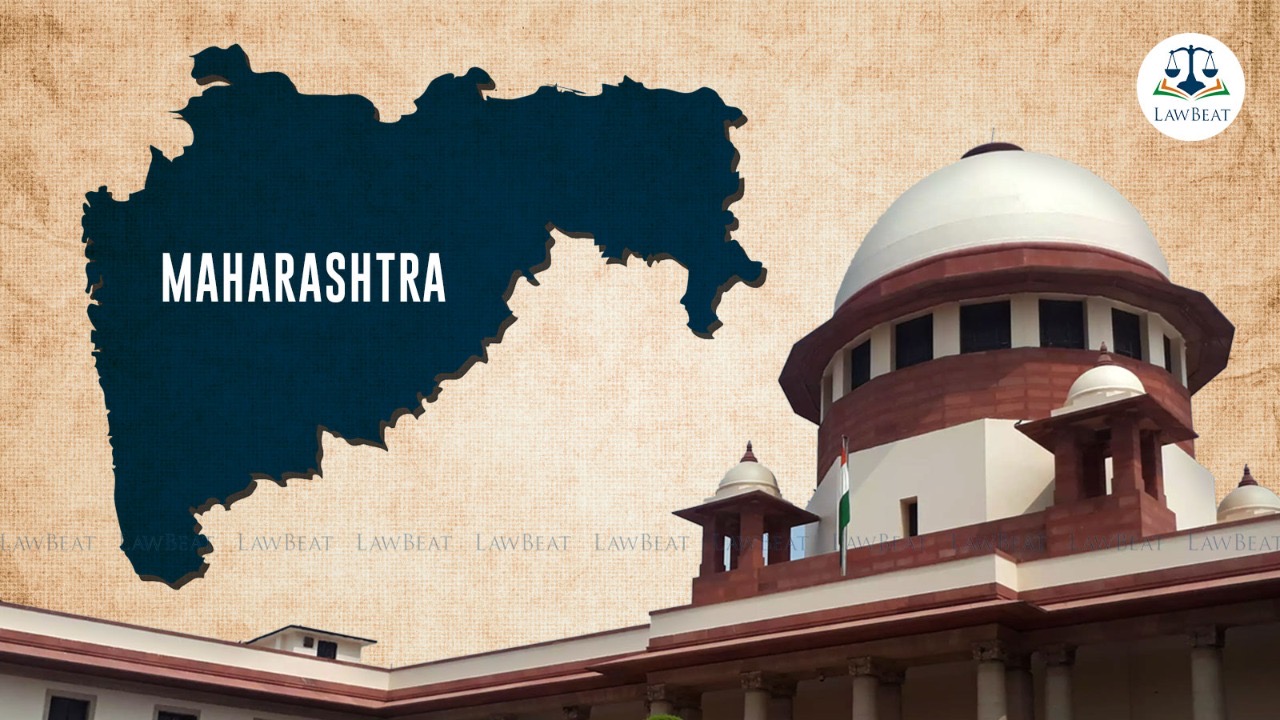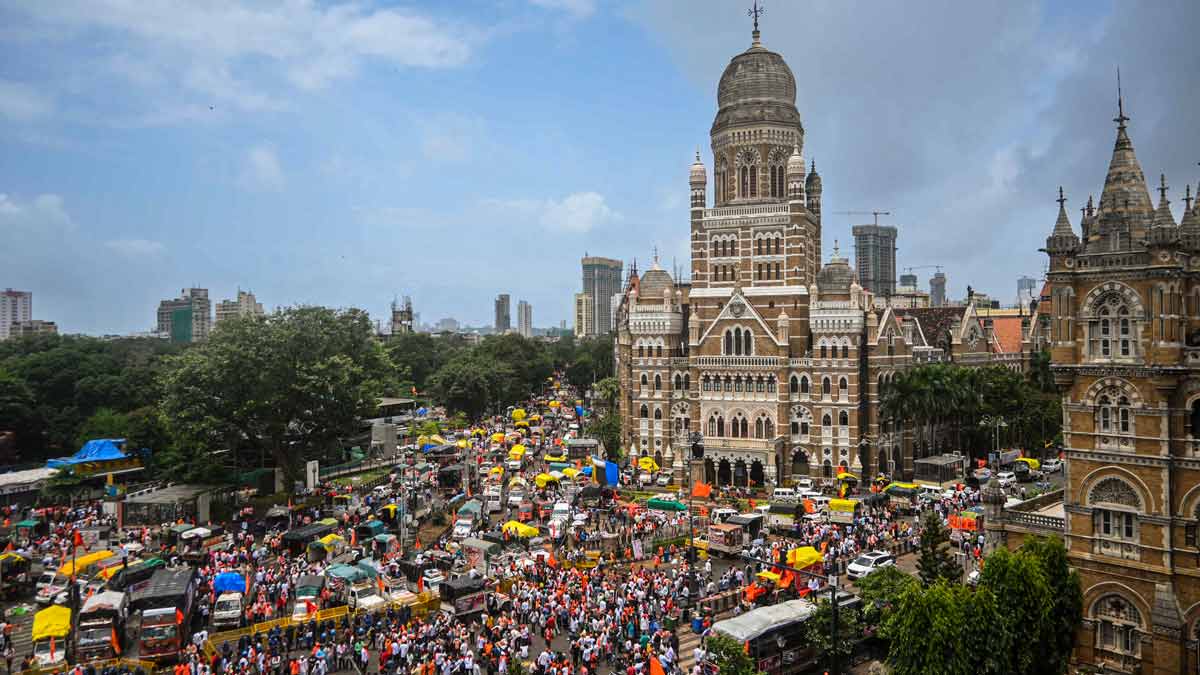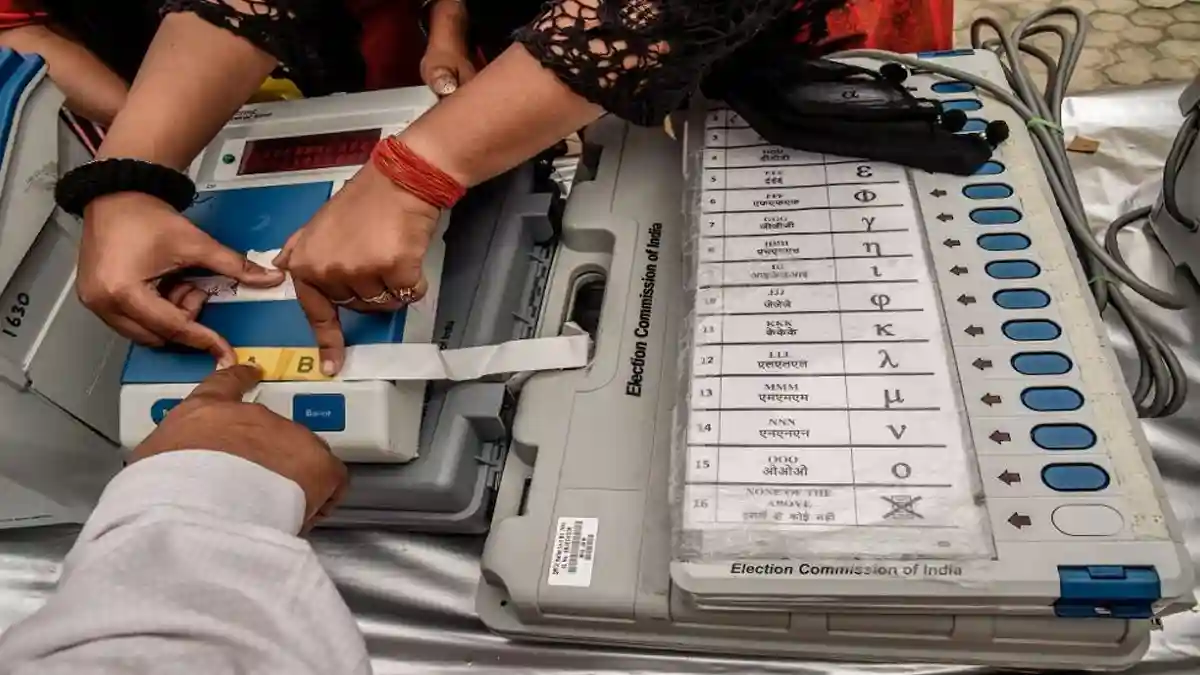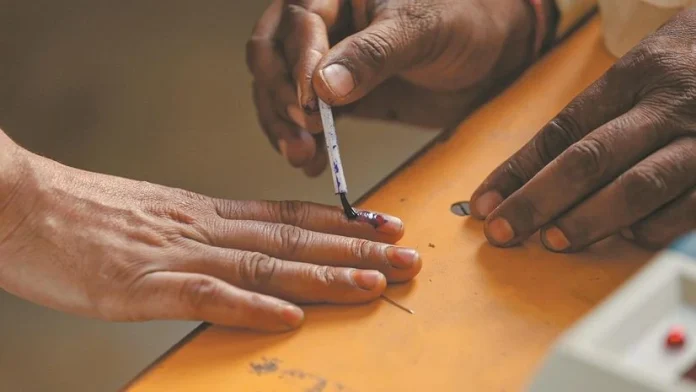- People closely following the fortunes of the electoral politics in India would have noticed how the narrative has become increasingly polarized between the communities dotting the large swathe of the landscape. India is an extremely diverse and divergent country with innumerable castes, languages, ethnicities, and religions, interspersed with uniquely alluring extremities, which makes the country both most welcoming and challenging. The labyrinthine caste equations obviously provide the political class to play around with eyes firmly ensconced on further consolidating the assiduously built vote banks. Of course, the ascendancy of regional political parties on the back of caste considerations makes the entire process so fascinating. Or is it?

PC: LawBeat
- Further, elections are the imperative necessities of any democratic country, and it is here that India showcases grassroots governance in the form of local bodies tasked to ensure basic amenities reach the last man standing in society. Unfortunately, several states in the country have not carried out elections to the urban local bodies on one pretext or the other, setting a dangerous precedent. Viewed in this context, SC giving a deadline for appallingly delayed Maharashtra local polls recently is not only timely but most appropriate. Why only Maharashtra? In fact, polls are overdue in 61% of urban bodies. Maharashtra state election commission got its deserts from the SC recently. Inaction and incompetence are a fitting description of their record over the past five years.

PC: The Week
- Mind you, 27 of 29 municipal corporation elections are overdue. The terms of five corporations ended in 2020, of 18 others in 2022, and the rest in 2023. Mumbai, India’s financial capital, has gone 42 months without an elected local body, when rules allow a maximum gap of six months. Most worryingly, local self-govt remains suspended in thousands of municipal councils, zilla parishads, and village panchayats also. This gross neglect is impossible to condone, especially after the poll body made light of SC’s September deadline to clear the backlog. Now, it’s got four months, and a warning of no further extension. One can hope, therefore, that Mumbai, Pune, Nashik, etc, will have elected corporations by Feb next year.

PC: LatestLY
- However, the larger pan-India problem remains unaddressed. Data shows that elections to 61% of urban local bodies across 17 states are overdue. Tech capital Bengaluru last held municipal polls in 2015. And across India, civic polls are delayed by 22 months, on average. This undermines the whole idea of self-governance. Our cities and towns are a mess – as the monsoon just reminded us for the umpteenth time – because people don’t have a say in civic matters. State govts can run cities through administrators, but it takes councillors and corporators to bring people’s concerns into town halls. Even otherwise, India’s urban local bodies are weak by design. SC’s order will get the poll process rolling in one state. Other states should follow suit to ensure local self-govt.






